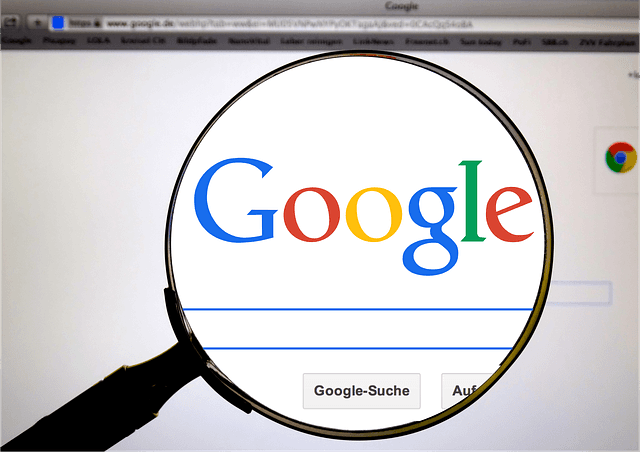The latest IP related news pertains to Google’s digital copying of entire books as part of its Google Books service from Google Inc. The US Court of Appeals for the 2nd Circuit recently confirmed the decision of the District Court that the scanning activities of Google within its Library Project are to be considered a fair use of copyright works.
The Plaintiff-Appellants, who are the authors of published books under copyright, appealed from the judgment of the United States District Court for the Southern District of New York (Chin, J.) which had ruled in favour of Defendant Google, Inc. The Plaintiffs sued Google, alleging that its Library Project and Google Books project infringe Plaintiffs’ copyrights. Plaintiffs alleged that Google through these projects makes and retains digital copies of books submitted to it by major libraries. It further allows the libraries that submit a book, to download and retain a digital copy under agreements which commit the libraries not to use their digital copies in violation of the copyright laws and allows the public to search the texts of the digitally copied books and see displays of snippets of text without any charge.
In this case the plaintiffs had alleged infringement and had sought injunctive and declaratory relief as well as damages. Google however defended that its actions constitute “fair use,” which, under U.S.C. § 107, was “not an infringement.” The district court being satisfied with arguments made by the Defendant had agreed [Authors Guild, Inc. v. Google Inc., 954 F. Supp. 2d 282, 294 (S.D.N.Y. 2013)] and concluded that Google’s project was fair use under 17 U.S.C. § 107 and was therefore not infringing.
The Plaintiff-appellants appealed before the Court of Appeals against the said decision, the arguments of the plaintiff were based on the following grounds:
- that Google’s digital copying of entire books, allowing users through the snippet function to read portions, is not a “transformative use” within the meaning of Campbell v. Acuff-Rose Music, Inc., 510 U.S. 569, 578-585 (1994),
- that Google’s copying and revelations of text do not infringe plaintiffs’ books, they infringe Plaintiffs’ derivative rights in search functions, depriving Plaintiffs of revenues or other benefits they would gain from licensed search markets;
- there was a high risk of hackers destroying the value of author’s copyrights making them freely available on the Internet
- Google’s distribution of digital copies to participant libraries is not a transformative use, and it subjects Plaintiffs to the risk of loss of copyright revenues through access allowed by libraries.
However, these arguments made by Plaintiff-appellants were rejected by the Appellate Court and it opined that Google’s making of a digital copy to provide a search function is transformative which makes the information available about Plaintiffs’ books without providing the public any substantial substitute for matter protected by the Plaintiffs’ copyright interests in the original works or derivatives of them.
On the Plaintiff’s contention that Google had usurped their opportunity to access paid and unpaid licensing markets for substantially the same functions that Google provides failed in part because author’s derivative rights do not include an exclusive right to supply information (of the sort provided by Google) about their works.
The Court further opined that Google’s program does not expose the Plaintiffs to an unreasonable risk of loss of copyright value through incursions of hackers as Google employs impressive security measures to guard its own confidential information.
On the argument by the Plaintiff that, Google’s provision of digital copies to participating libraries, authorizing them to make non-infringing uses, the Court held that the mere speculative possibility that the libraries might allow use of their copies in an infringing manner does not make Google a contributory infringer.
The Appellate Court affirmed the decision of the District Court and concluded that Google’s unauthorized digitizing of copyright-protected works, creation of a search functionality, and display of snippets from those works are non-infringing fair uses and that the defendant’s copying is transformative within the meaning of Campbell v. Acuff-Rose Music, Inc., 510 U.S. 569, 578-585 (1994), and does not offer the public a meaningful substitute for matter protected by the plaintiffs’ copyrights, and satisfies § 107’s test for fair use.
This decision of the Appellate Court clarifies and enlarges the boundaries of fair use. The ruling has once again stressed and reaffirmed the objective of Copyright Law in expanding public learning while protecting the incentives of authors to create for the public good.
The full text of the judgment can be accessed here.
Authored by Bhuvana S Babu
Contributed by Entertainment Lawyer Group of BananaIP
For any further information on entertainment law in India, write to [email protected]
Sources: 1



